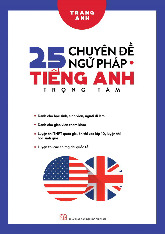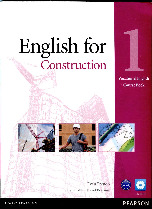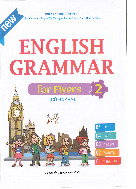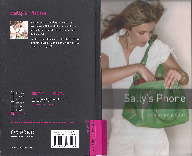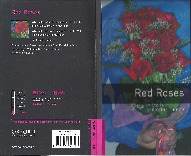

















Preview text:
The man rob an ro bed t he b ank y esterday. The p olic o e are lo okin o g fo g r h r im. (O . ) (O The Th man n who w / ho whom/tha w t hom/tha th t e th police poli are a lookin look g in for fo robbed robbe the d ba the nk ba y nk es y terda t y erda . The boo bo k is in k is te t resting. g. I read it m any times. The b oo o k o which/ tha t t I read many times is intere r sting. REDUCING OBJECT RELATIVE PRONOUNS
1. I spoke to a man. I had met him before.
I spoke to a man (whom/who/that/--) I had met before.
2.That’s the book. I read it last summer.
That’s the book (which/that/ --) I read last summer. LANGUAGE PRACTICE
• 1. The movie was interesting. We went to see it.
…………………………………………………………………
• 2. I met the people. You told me about them.
………………………………………………………………
• 3. I couldn’t understand the woman. I talked to her on the phone.
…………………………………………………………………
• 4. I want to tell you about the party. I went to it last night.
…………………………………………………………………
• 5. The music was gentle. We listened to it last night.
…………………………………………………………………
• 6. Alice likes the foreign family. She is living with them.
…………………………………………………………………
• 7. The market has refresh vegetables. I usual y go to it.
…………………………………………………………………
• 8. The man is over there. I told you about him.
………………………………………………………………… Answers
1. The movie (which/that) we went to see was interesting.
2. I met the people (whom/who/that) you told me about.
3. I couldn’t understand the woman (whom/who/that) I talked to on the phone.
4. I want to tel you about the party (which/that) I went to last night.
5. The music to which we listened last night was gentle.
6. Alice who is living with the foreign family likes them.
6. Alice likes the foreign family who she is living with.
7. The market (which/that) I usually go to has refresh vegetables.
8. The man (who/whom/that) I told you about is over there.
1. The clothes which he put in the basket are dirty.
2. The clothes that he needs to wash are in the basket.
3. The man is fixing the bicycle that he often uses.
4. They are fixing the bicycle that broke down yesterday.
4. The bicycle that they are fixing broke down yesterday.
5. The woman that is driving the car is waiting for the traffic.
6. The woman that has to wait at the traffic looks bored.
1. The gloves the girl is wearing keep her hands warm. 2. They look happy with the
Christmas party that they celebrate every year.
• The people who are attending the Christmas party look happy.
3. Lucky money the grandmother gives
children on Tet holiday makes them happy.
The street people are repairing is narrow.
The tree that they are decorating is beautiful The car they want to buy is expensive.
The clothes at which she is looking is cheap.
The building in which people are living looks modern.
The boy the volunteer is teaching is clever.
Document Outline
- PowerPoint Presentation
- Slide 2
- REDUCING OBJECT RELATIVE PRONOUNS
- LANGUAGE PRACTICE
- Answers
- 1. The clothes which he put in the basket are dirty. 2. The clothes that he needs to wash are in the basket.
- 3. The man is fixing the bicycle that he often uses. 4. They are fixing the bicycle that broke down yesterday. 4. The bicycle that they are fixing broke down yesterday.
- 5. The woman that is driving the car is waiting for the traffic. 6. The woman that has to wait at the traffic looks bored.
- 1. The gloves the girl is wearing keep her hands warm.
- 2. They look happy with the Christmas party that they celebrate every year.
- Slide 11
- 3. Lucky money the grandmother gives children on Tet holiday makes them happy.
- The street people are repairing is narrow.
- The tree that they are decorating is beautiful
- The car they want to buy is expensive.
- The clothes at which she is looking is cheap.
- The building in which people are living looks modern.
- The boy the volunteer is teaching is clever.
